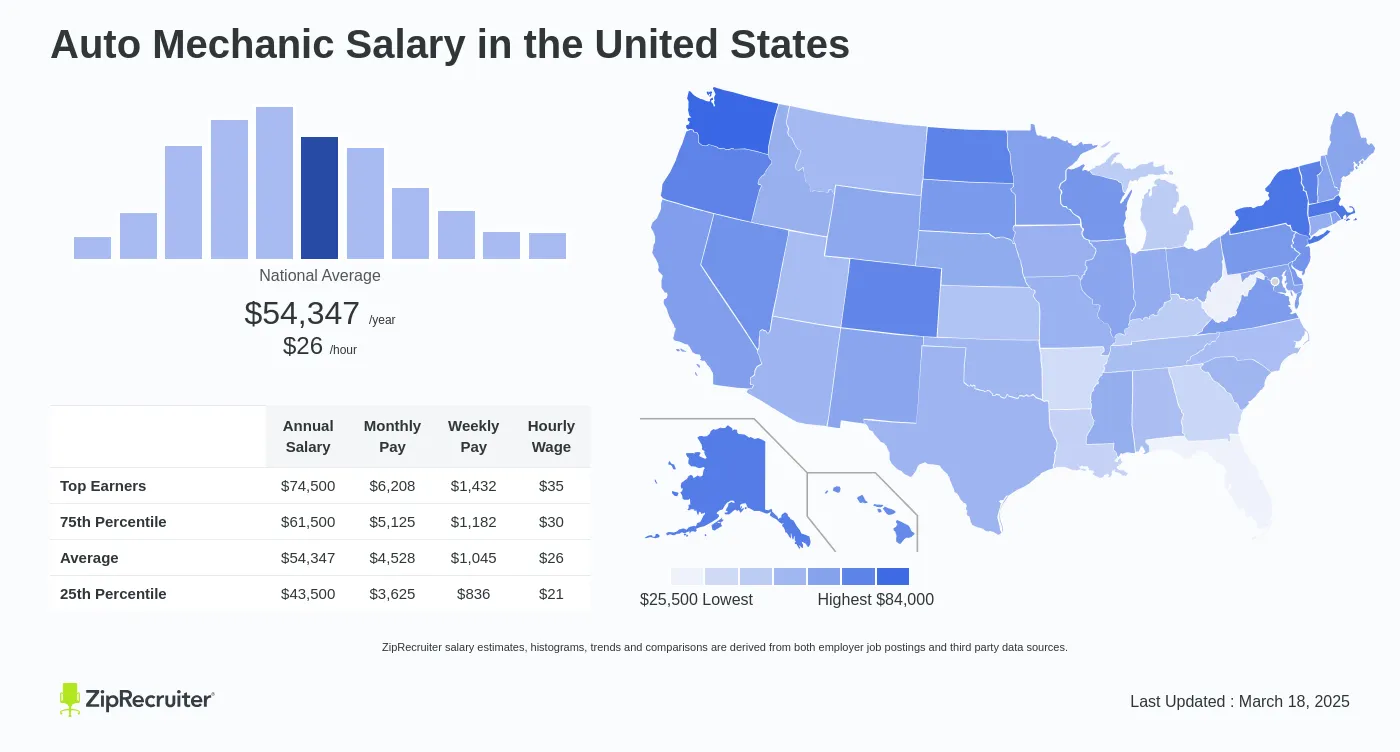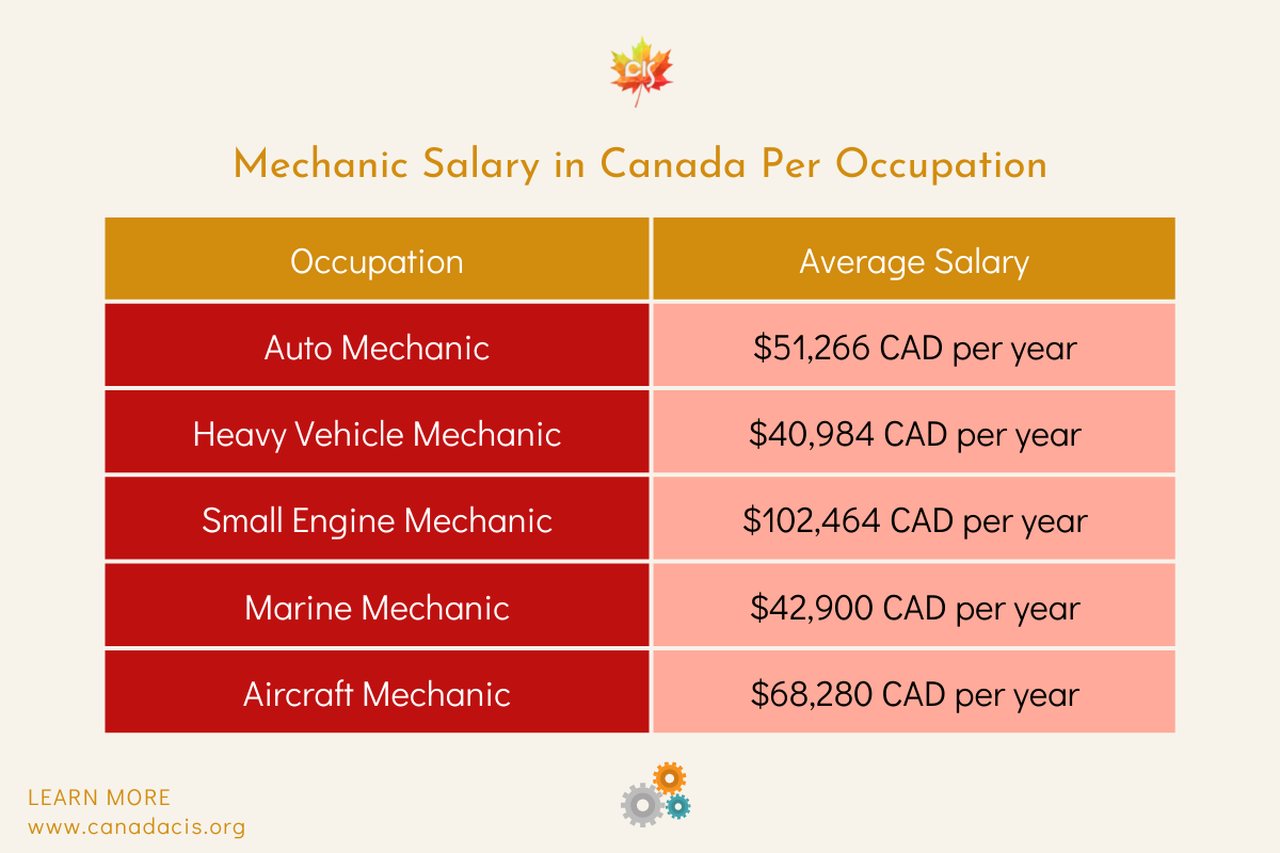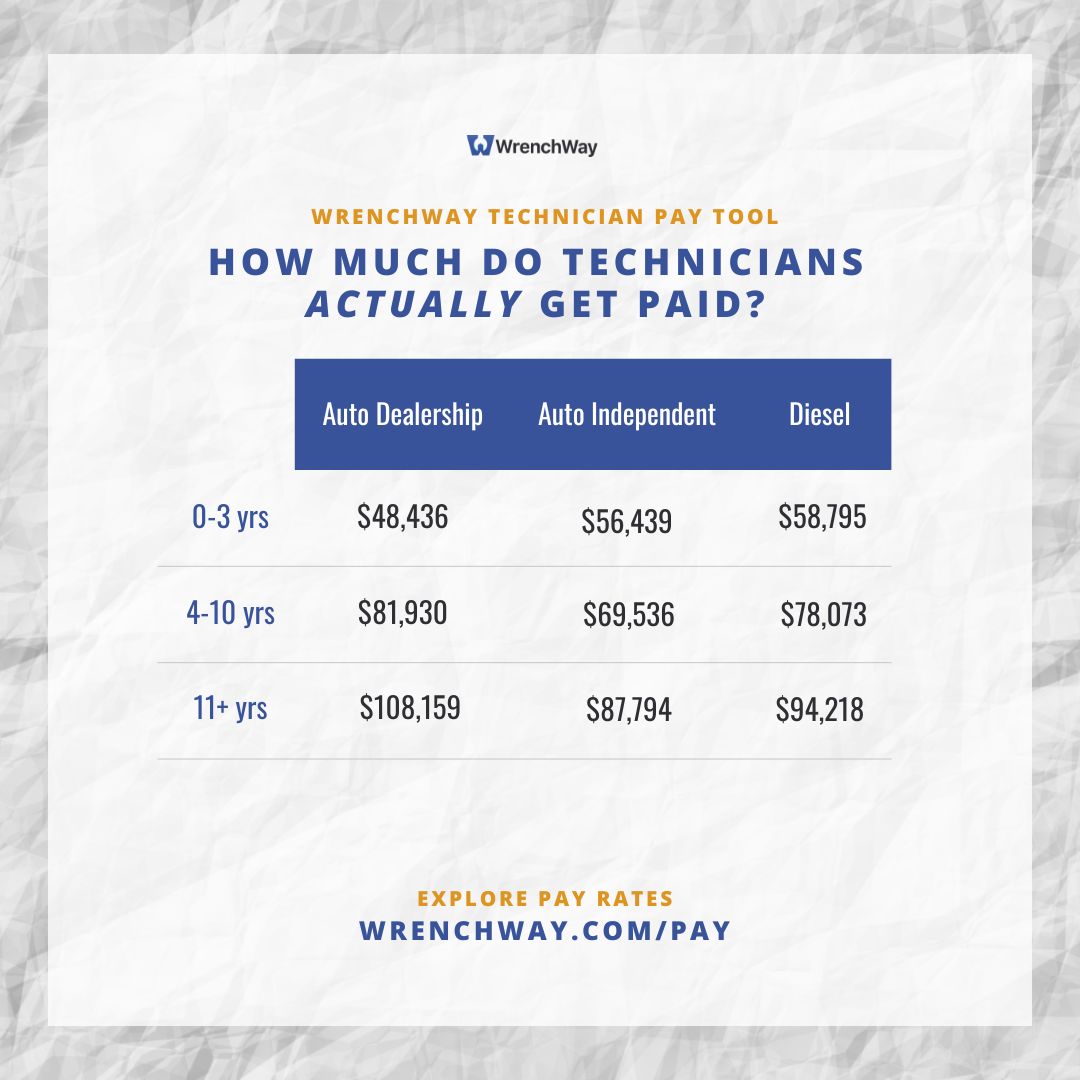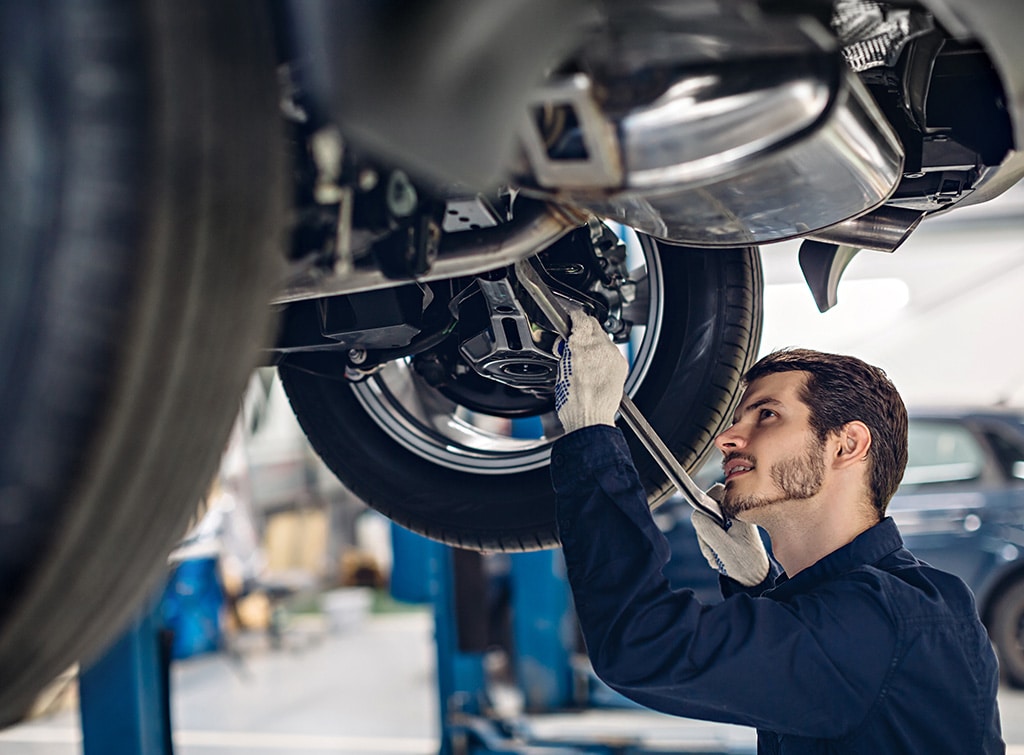How Much Does A Car Mechanic Make Per Hour

Car repair bills skyrocketing? It's time to dissect where your money is going. The hourly rate of your mechanic is a significant piece of the puzzle, and the numbers might surprise you.
This article breaks down the average hourly wages for car mechanics across the US, factoring in location, experience, and specialization. We'll equip you with the knowledge to understand your repair costs and negotiate effectively.
National Averages: The Big Picture
Nationally, the average hourly rate for a car mechanic in the United States falls between $40 and $75. This figure, sourced from recent data analysis including the Bureau of Labor Statistics (BLS) and industry reports, provides a baseline for understanding labor costs.
However, this is a broad range. Numerous factors contribute to the specific rate you'll encounter.
Location, Location, Location
Where you live significantly impacts mechanic hourly rates. Metropolitan areas with higher costs of living, like New York City or San Francisco, typically see rates at the higher end of the spectrum, often exceeding $100 per hour.
Conversely, rural areas and states with lower living costs generally have more affordable labor rates, sometimes dipping below $40 per hour.
Experience Counts (and Costs)
A seasoned mechanic with decades of experience and specialized certifications will command a higher hourly rate. Entry-level technicians typically start at a lower wage, reflecting their limited expertise.
Mechanics with certifications from organizations like ASE (Automotive Service Excellence) often justify higher rates due to their proven competence and commitment to professional development.
Specialization Matters
Certain automotive specializations demand higher pay due to the complexity and training involved. A mechanic specializing in diesel engines, electrical systems, or transmission repair is likely to charge more than a general mechanic.
Dealerships often have higher labor rates due to specialized equipment and factory-trained technicians, especially for complex repairs unique to a particular vehicle brand.
Breaking Down the Numbers: Real-World Examples
To illustrate the variations, consider these examples. In Los Angeles, a general mechanic might charge $65-$85 per hour. A certified BMW technician in the same city could command $100-$150 per hour.
In contrast, in a smaller town in Kansas, a general mechanic might charge $40-$55 per hour.
Transparency is Key: What to Ask For
Before authorizing any repairs, always request a detailed estimate that clearly outlines the hourly labor rate. Don't hesitate to ask for a breakdown of the labor time estimated for each task.
Get multiple quotes from different shops to compare rates and ensure you're getting a fair price. Understanding the going rate in your area empowers you to negotiate and avoid overpaying.
Consider independent shops versus dealerships. Independent shops often have lower overhead costs, which can translate to more competitive labor rates.
Ongoing Developments: The Future of Mechanic Wages
The increasing complexity of modern vehicles, with their advanced technology and computer systems, is driving up the demand for highly skilled technicians. This trend is expected to put upward pressure on mechanic wages in the coming years.
Stay informed about industry trends and local rates to navigate the evolving landscape of auto repair costs. Arm yourself with the right questions and compare quotes from multiple mechanic shops to ensure you're getting a fair price.
This information is accurate as of [Insert Date]. Rates are subject to change based on market conditions.


















